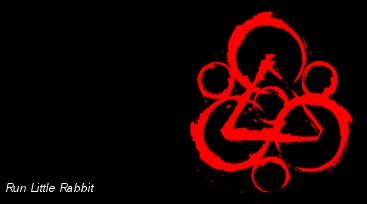Arguing on the internet - everyone loses.
So there was a discussion about how most pop songs use the "same four chords." Of course, there was someone who is arguing the point saying that they aren't the same because they are in different keys. I commented that key is irrelevant because they are functionally the same in the progression regardless of key. Unless you have perfect pitch or synesthesia they sound the same to the listener.
He's making the argument that this doesn't matter because they still aren't the same chords. Sure, G-D-e-C aren't the exact same pitches as C-G-a-F, but they are both I-V-vi-IV. They are the same chord progression and given the context of the discussion it is understood that "same four chords" means same chord progression even if it's technically a little incorrect.
I think the disconnect is that he can't separate academia from what happens in practice. If I were giving a trumpet lesson I wouldn't tell the player to give me a Bb if I wanted a concert Bb. He would play me an Ab. It's understood to the player that not only does the trumpet sound a step lower, but also, that in practice people are referring the written pitch unless they preface it with "concert."
The same is true if I were talking to a guitarist with a capo on the 4th fret. I wouldn't tell him to play me a B if I wanted a B. I'd tell him to play a G. The mutual understanding between us that he had a capo on the 4th fret would indicate to him that he doesn't need play the B, but rather the G shape with the capo to make a B. I've never been in a situation where (unless joking) telling a guitarist to play a B with the capo on the 4th fret led to him playing me a D#.
When reading tabs/chord sheets most guitarists don't need (want) the actual sounding pitches; they want the chords that refer to the shapes that make the correct sound.







 Reply With Quote
Reply With Quote









